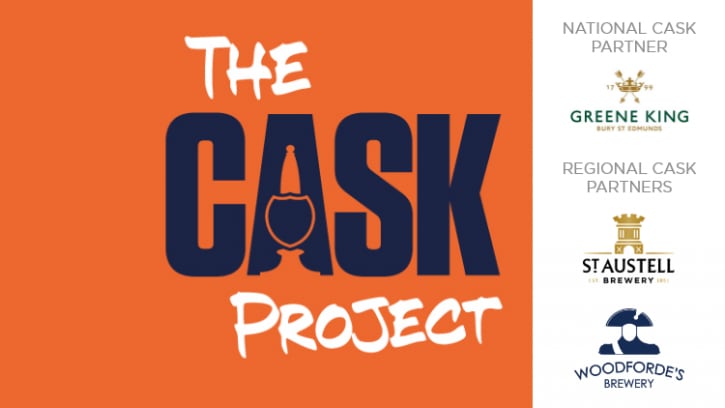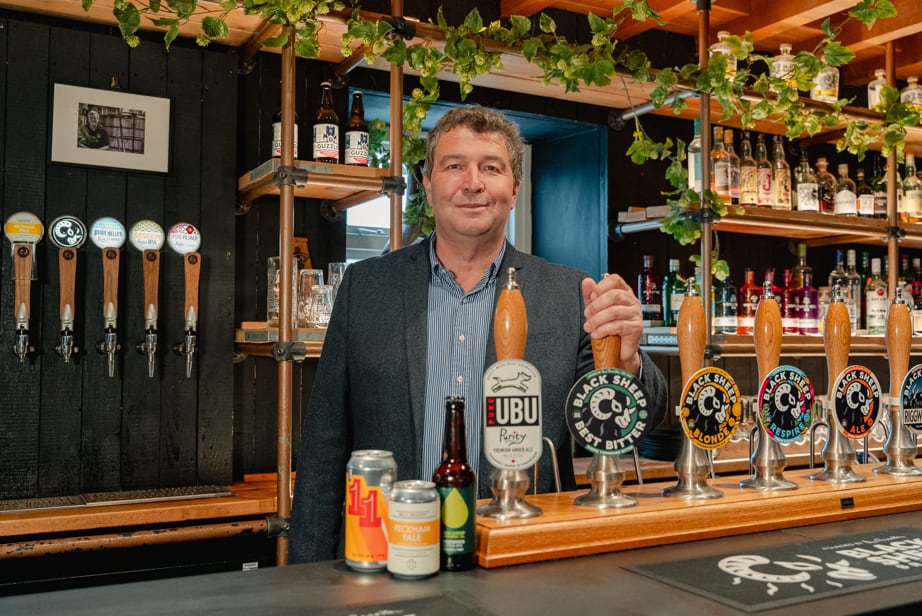In understanding this market, I will try to explain the current dynamics... in short, in more than 27 years working in the sector, it’s the toughest market I have ever known.
Economic context: inflation, interest rates and business debt
As of early 2025, the UK economy is still grappling with persistent inflationary pressures.
On 6 February, The Bank of England implemented its third interest rate cut in six months, bringing the rate down to 4.5% in an effort to stimulate economic activity, however, inflation remains sticky.
We can debate is input-cost inflation is the same as demand-led inflation until we’re blue in the face but clearly something needs to be done.
Despite these measures, businesses are typically contending with elevated debt servicing costs due to prior periods of higher interest rates and having refinancing post-Covid.
This scenario has led to a slowdown in corporate transactions as companies adopt a cautious stance amid economic uncertainties. Companies want to do deals but, frankly, they can’t. The numbers on both sale and buy side don’t currently add up.
Impact on senior level mobility
The current economic environment has had a notable impact on executive-level mobility within the hospitality sector.
Senior executives, often holding equity stakes and benefiting from long-term incentives, are displaying a tendency to remain with their current companies – who’s going to give up many years of work and earned equity when a deal could happen?
To move, there has to be a compelling reason, perhaps much more compelling than before. Risk-taking is only an option if the reward matches the risk. With fewer deals getting done, many are ‘sitting’ on their equity – who can blame them?
Policy changes: national insurance contributions and corporate restructuring
Recent Government policy changes have further complicated the landscape.
The increase in employer national insurance contributions (NICs) from 13.8% to 15%, coupled with the lowering of the threshold from £9,100 to £5,000, is projected to cost the hospitality sector up to £1bn annually. Angela Rayner’s new labour laws slated for April have also made businesses err on the side of caution.
This substantial rise in operational costs has prompted companies to reassess their organisational structures.
For instance, in the pub industry, leaders like Marston’s, Stonegate, Greene King and Mitchells & Butlers are reportedly facing tens of millions of pounds in additional expenses. These additional costs can often lead to strategic decisions aimed at cost reduction, including unfortunately potential redundancies.
I can’t think of many companies of scale in the sector that haven’t restructured in the past six months. Yes, some of this is just good housekeeping but I’ve heard of companies losing 30% of their ‘head office’ work force and similar in area and regional roles.
These ‘field’ roles are getting looked at closely - we’ve seen one well-known casual dining brand reduce its area management population by almost half.
Labour market dynamics: supply, demand and salary implications
The convergence of increased labour supply due to redundancies and a cautious hiring approach from companies has created a unique dynamic in the labour market.
With more professionals seeking opportunities and fewer positions available, there is a downward pressure on salaries, particularly for those recently displaced.
In contrast, individuals currently employed, especially at senior levels, are inclined to retain their positions, valuing job security and existing benefits over the uncertainties of a job transition.
Conversely this can push salaries ‘up’, if you’re trying to hire from this pool of ‘settled’ people - a truly polarised market.
Weirdly, there are opportunities for good recruiters in this environment. The best recruiters have very strong networks, credibility and knowledge, and can get to people that otherwise would not apply for roles or look to move.
Conclusion
The UK’s hospitality recruitment market at the senior level is currently characterised by reduced mobility, cautious hiring practices and downward pressure on salaries for the majority of job seekers.
It is the quietest market we have seen since 2008-09 and we don’t expect this to change until inflation falls, interest rates normalise around 2% to 3%, the Government starts to listen to business (fat chance!) and the flow of capital increases.
Deals drive change, change drives recruitment. My personal feeling is this could be six to 12 months away and we’re in for a hugely challenging year in the sector. I would love to be proven wrong.
- Daniel Cornwell can be contacted at daniel@speresourcing.co.uk.




